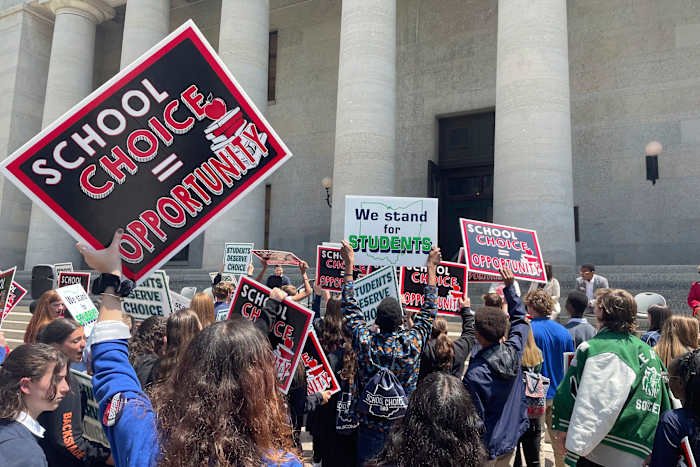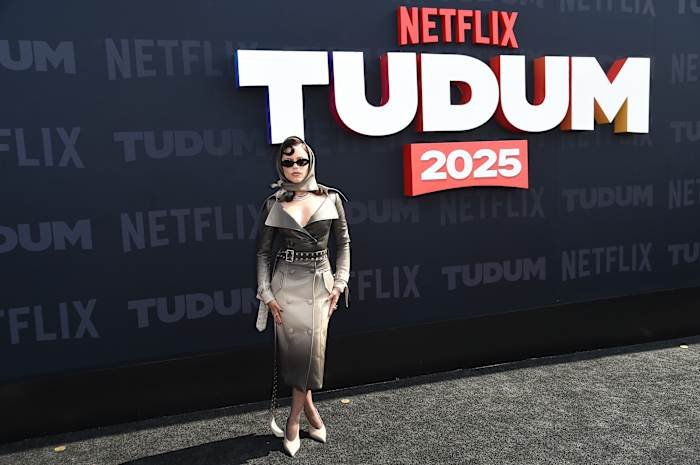Introduction
Across the United States, a growing number of states are expanding taxpayer-funded programs that help families send their children to private schools. This trend comes at a time when the cost of such programs is increasing and state budgets face new uncertainties. In Florida, and especially in Orlando, the expansion of private school vouchers has become a hot topic, raising questions about funding, educational quality, and the future of public schools. At Daily Orlando News, we explore how these changes are unfolding in our city and what they could mean for local families, educators, and taxpayers.
The Rise of School Voucher Programs in Florida
Florida has long been at the forefront of school choice, offering a range of options for families beyond traditional public schools. The state’s voucher programs, such as the Family Empowerment Scholarship and the Florida Tax Credit Scholarship, allow families to use public funds to pay for private school tuition. In 2023, Florida lawmakers passed legislation expanding eligibility for these programs, making vouchers available to nearly all K-12 students, regardless of income level.
For Orlando families, this expansion means more choices in education. Parents can now consider private or religious schools that may better fit their child’s needs. However, with more students eligible, the cost to taxpayers is rising sharply. The Florida Department of Education estimates that voucher programs could cost the state over $4 billion in the 2024-25 school year, a significant jump from previous years.
How Voucher Expansion Affects Orlando’s Public Schools
One of the most debated aspects of voucher expansion is its impact on public schools, especially in large urban areas like Orlando. When students leave public schools for private options, the funding that follows those students also leaves. Orange County Public Schools, which serves over 200,000 students in the Orlando area, could see decreases in funding as more students opt for vouchers.
Critics argue this could strain public schools that already face teacher shortages and limited resources. Fewer students mean less money for programs, extracurricular activities, and facility upgrades. Supporters, on the other hand, argue that competition will encourage public schools to innovate and improve. In Orlando, school leaders are closely monitoring enrollment numbers and advocating for safeguards to protect funding for the region’s public schools.
Budget Challenges and Rising Costs
As more students become eligible for vouchers, the overall cost of the program is increasing at a pace that concerns some lawmakers, education advocates, and taxpayers. Florida is not alone in facing these budget challenges; states nationwide are grappling with how to fund expanded school choice while maintaining support for traditional public education.
In Orlando, city and county officials are watching the state budget process closely. With uncertainty around future revenues and expenses, there are concerns that increased spending on vouchers could mean less funding for other vital services like infrastructure, public safety, and health programs. The debate continues over how to balance the promise of educational choice with fiscal responsibility—an issue that will likely remain at the forefront as Orlando grows and diversifies.
How Orlando Families Are Responding
For many Orlando parents, private school vouchers represent an exciting new opportunity. Some families who previously couldn’t afford private education now have access to specialized programs, smaller class sizes, and religious instruction. Several local private schools have reported increased interest and enrollment, thanks in part to the expanded scholarship eligibility.
However, not all families are embracing the changes. Some worry about the accountability and transparency of private schools receiving public funds. Unlike public schools, private institutions are not always required to follow the same academic standards or testing protocols. This has sparked a debate in Orlando’s diverse communities about educational equity and ensuring that all children receive a high-quality education, regardless of where they go to school.
The Future of Education Funding in Orlando
As the landscape of education changes in Florida, the effects on Orlando will continue to unfold. Will the expansion of vouchers drive improvements across all schools, or will it create greater divides between public and private education? How will policymakers ensure that all students have access to quality learning environments while maintaining fiscal health?
Community leaders, educators, and parents in Orlando are already engaging in these critical conversations. With local elections on the horizon and continued growth in the city, it’s clear that the future of school funding will remain a central issue for residents and officials alike.
Conclusion
The expansion of private school vouchers in Florida is reshaping the educational landscape in Orlando and throughout the state. As costs rise and budgets tighten, our community faces important decisions about how best to support all students and schools. What do you think about the growing use of taxpayer dollars for private education in Orlando? Should more be done to protect public school funding, or does expanded choice benefit families and students? We invite you to share your thoughts in the comments below!
















